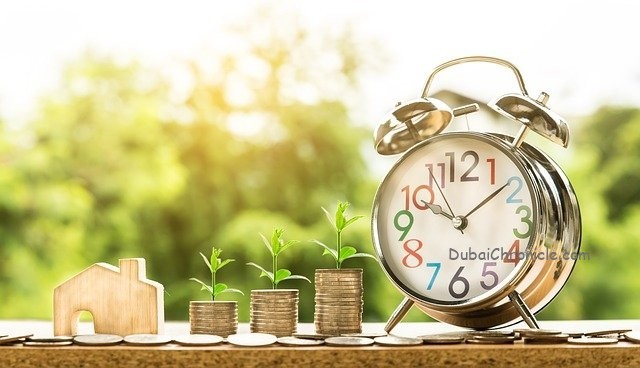
70 % of the UAE’s real estate sectors saw values decline in 2020. Knight Frank has released it’s UAE Property Value 2021 Movement report which is a Review and outlook on property value movements across the UAE, covering the Hospitality, Industrial, Retail, Offices and Residential real estate markets.
Since the outbreak of the COVID-19 global pandemic, there has been an unpresented curtailment of economic activity and social mobility and as a result, unsurprisingly, global GDP was forecast to contract at the fastest rate seen in decades.
Despite the initial shock and considerable levels of uncertainty, we have not seen the worst-case scenarios come to fruition. On the back of a mixture of fiscal and monetary stimulus packages enacted in around 197 countries, the IMF has revised the rate of contraction for global GDP down from a high of 4.9% to 3.3% as at April 2021.
Taimur Khan, Head of Research at Knight Frank Middle East commented “In the UAE, despite various fiscal initiatives enacted on an emirate level and a wide-ranging federal monetary stimulus package, property values in most parts have seen material declines. However, it is important to note that this is not the case in all segments. The pandemic has, in certain real estate asset classes, accelerated pre-pandemic shifts in demand, for example from physical retail to e-commerce, which in turn has helped underpin values in the industrial sector. More so, in certain cases, revaluations have arguably spurred investment activity in what was a largely subdued marked beforehand. Looking ahead, we forecast that the vast majority of the UAE’s real estate market will see values remain at similar levels to 2020 or even begin to increase in some cases.”
Hospitality Market
The UAE’s hospitality sector, which is heavily reliant on international tourism, has undoubtedly seen the most significant impact on property values as a result of the pandemic. Of the two largest tourism markets in the UAE, Abu Dhabi recorded relative outperformance compared to Dubai. This was underpinned by the size of the capital’s market and diverted demand from UAE residents. Whereas in Dubai, given the size of the market and the reliance on international source markets, values have declined much more significantly. As the market continues to recover, gradual performance improvements will reflect gradual increases in hotel values.
Industrial Market
The UAE’s industrial sector can be singled out as one of the few sectors to benefit from the pandemic. Despite this, we have seen industrial property values in Dubai decline as rents continue to fall across all segments of the market. In Abu Dhabi, values in 2020 remained stable despite the ongoing pressure on rents. Both in Abu Dhabi and Dubai, we envisage that markets look to have bottomed out and as a result, in 2021, we expect values to remain stable on average.
Retail Market
With footfall and retail spending seeing heavy declines, and the evermore common practice of turnover rents, in conjunction with lower base rents, it is not surprising that we have seen retail property values decline in both Abu Dhabi and Dubai in 2020. Looking ahead, in Abu Dhabi, given its relatively low levels of upcoming supply we expect values to remain stable compared to 2020 levels. Whereas in Dubai, given significant levels of upcoming supply and hybrid, or turnover only rental models going forward, we expect values to continue to decline in 2021.
Offices Market
Whilst the pandemic will impact the future form and function of office spaces, it has been an accelerator of already shifting fundamentals rather than the root cause of these shifts. In Abu Dhabi, given relatively low levels of new supply and stability in rental rates, overall we have seen values for institutional grade assets remain relatively stable in 2020. In Dubai, with rental rates continuing to fall and a surge in vacancy, office property values have declined materially on average.
Residential Market
With population levels in Abu Dhabi and Dubai estimated to have declined by roughly 5% in 2020, growing levels of supply and existing vacancy levels, residential property values in both emirates fell in 2020. Whilst population growth is expected to return in 2021, it will likely not be at least until late 2022 before we see population levels return to their pre-pandemic levels. In Dubai, this lower level of demand will be further compounded by a continuing influx of supply, which in turn is likely to continue to put pressure on property values.

































